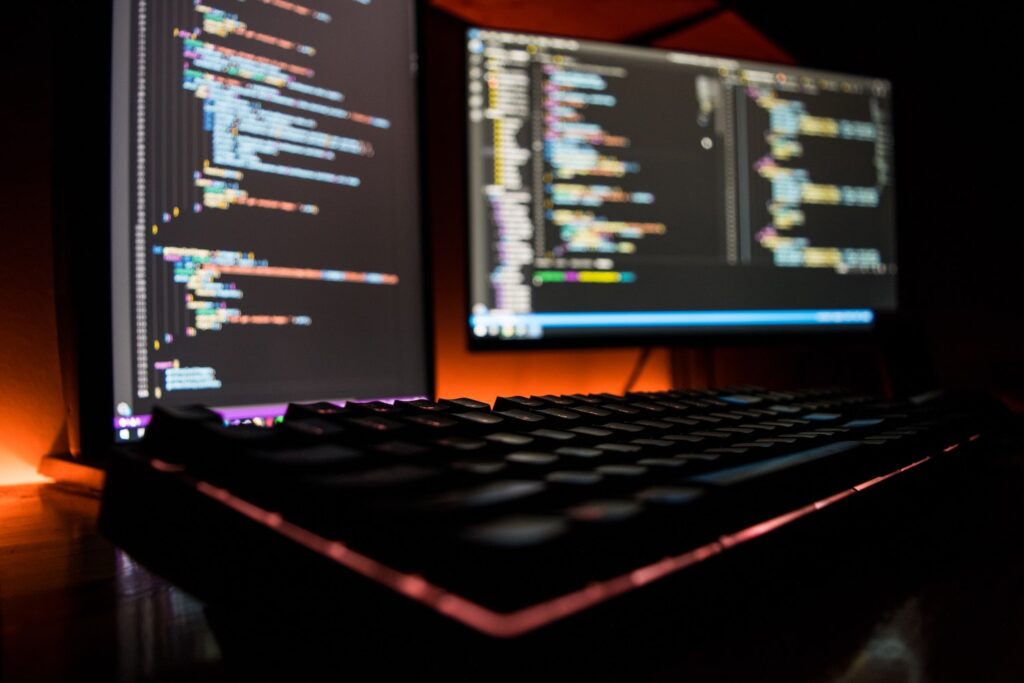And it’s often a really good idea to do so.
It’s said far too often that software is not patentable. Whether this stems from a misunderstanding of the state of the law or the law’s seemingly ever-evolving nature, it’s a misconception nonetheless. While it is indeed difficult and tricky to patent software-related inventions, finding success in doing so can add immense value to a company whether the founders are in it for the long haul or looking to set up an exit strategy.
The field of software invention is growing like crazy .
With IT being one of the top-growing industries in the United States

In 2014, it seemed that hope may be lost for patenting software-related inventions with the Supreme Court’s decision in Alice Corp. Pty. Ltd. v. CLS Bank Int’l. However, while Alice did arguably increase the difficulty in obtaining patent protection for software, software patent practice has adapted. In other words, while the Supreme Court in its Alice decision set a high hurdle for patenting software, its a hurdle we can in many cases clear.
What does a software patent protect?
The actual lines of code are not what a patent application seeks to protect, rather, we claim around the functionality of the software. This is actually a good thing, as doing so can protect you from competitors making small changes to engineer around your patent. Further, this can increase the value of your patent and—more importantly—of your company.
Often, we have to tie the software to hardware or show how the software improves the functionality of a computer. This may seem odd, but it is the paradigm we must presently work within until the law changes (we’re working on it — Mertzlufft Law has presented formal argument to Congress and the Patent Office to get this law changed). Thus, properly understood, the phrase “software patent,” may be a summary of a broader concept of patenting a software’s functionality and application.
Even though patenting software presents a high hurdle to clear, it’s one we can often clear. This paves the way for patent protection for the core intellectual property of many tech startups and large companies alike.